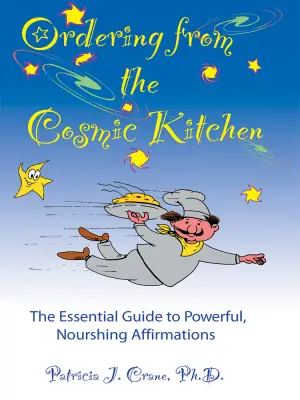Book Review: The Frozen River by Ariel Lawhon
There’s something about historical fiction that captivates me—perhaps it’s the fusion of rich narratives with genuine ferocity from the past. When I first stumbled upon The Frozen River, Ariel Lawhon’s latest novel, I was instantly intrigued by its premise: a murder mystery intertwined with the life of Martha Ballard, an 18th-century midwife who challenged societal norms. Being drawn to stories of brave, resilient women, I scooped it up, eager to navigate the icy waters of 1789 Maine along with Martha.
From the get-go, Lawhon masterfully evokes the stark beauty of winter in Maine, setting the stage for a gripping tale. The discovery of a man entombed in the frozen Kennebec River kicks off a chilling narrative that not only revolves around the mystery of his death but also delves into the lives of those surrounding it. We meet Martha, whose diary serves as both a chronicle of her everyday life and a vehicle for her unflinching quest for truth. Braving societal constraints and the whispers of her townsfolk, she is depicted not merely as a healer but as a fierce advocate for the women in her community.
What resonated deeply with me was Lawhon’s portrayal of Martha as unapologetically outspoken—a true heroine reminiscent of Outlander’s Claire Fraser. The dichotomy of her role as a midwife—helpmate in life and harbinger of death—adds a duality that is utterly compelling. As Martha uncovers the threads tying the town’s esteemed gentlemen to dark secrets, her narrative reflects the tensions between loyalty, justice, and the often overlooked plight of women, themes that feel excruciatingly relevant today.
Lawhon’s writing style is fluid and captivating, allowing me to become fully immersed in Martha’s world. While the book opens with a slower pace—perfect for establishing the atmosphere and the intricate web of relationships—once the plot hits its stride, it races forward with urgency. The author’s use of vivid imagery serves well to paint the austere yet beautiful winter landscapes, allowing readers to feel the biting cold along with the characters.
One memorable quote that lingered with me was Martha’s reflection on truth: “The truth is a body buried beneath ice; a thing waiting to be uncovered, but never without its complications.” This metaphor not only encapsulates the core of the novel’s mystery but also reminds us of the often painful realities of unveiling truth, especially for women navigating a patriarchal world.
I wholeheartedly recommend The Frozen River to readers who cherish historical fiction with a twist of mystery. Lawhon shines a light on a compelling female figure whose tenacity and courage speak across the ages. Whether you’re a fan of courtroom dramas, intricate relationships, or simply enjoy stories that celebrate women’s resilience, this book will be a delightful addition to your reading list.
In a world that often overlooks the contributions of women like Martha, The Frozen River stands as a beautiful tribute—a reminder that history is not just about the past; it’s a canvas painted by the courageous voices of those who dared to seek justice, love, and a life worth living. I found myself not just entertained but also inspired. Grab a warm blanket, settle in, and prepare to be swept away by this remarkable tale.
You can find The Frozen River: A GMA Book Club Pick: A Novel here >>






